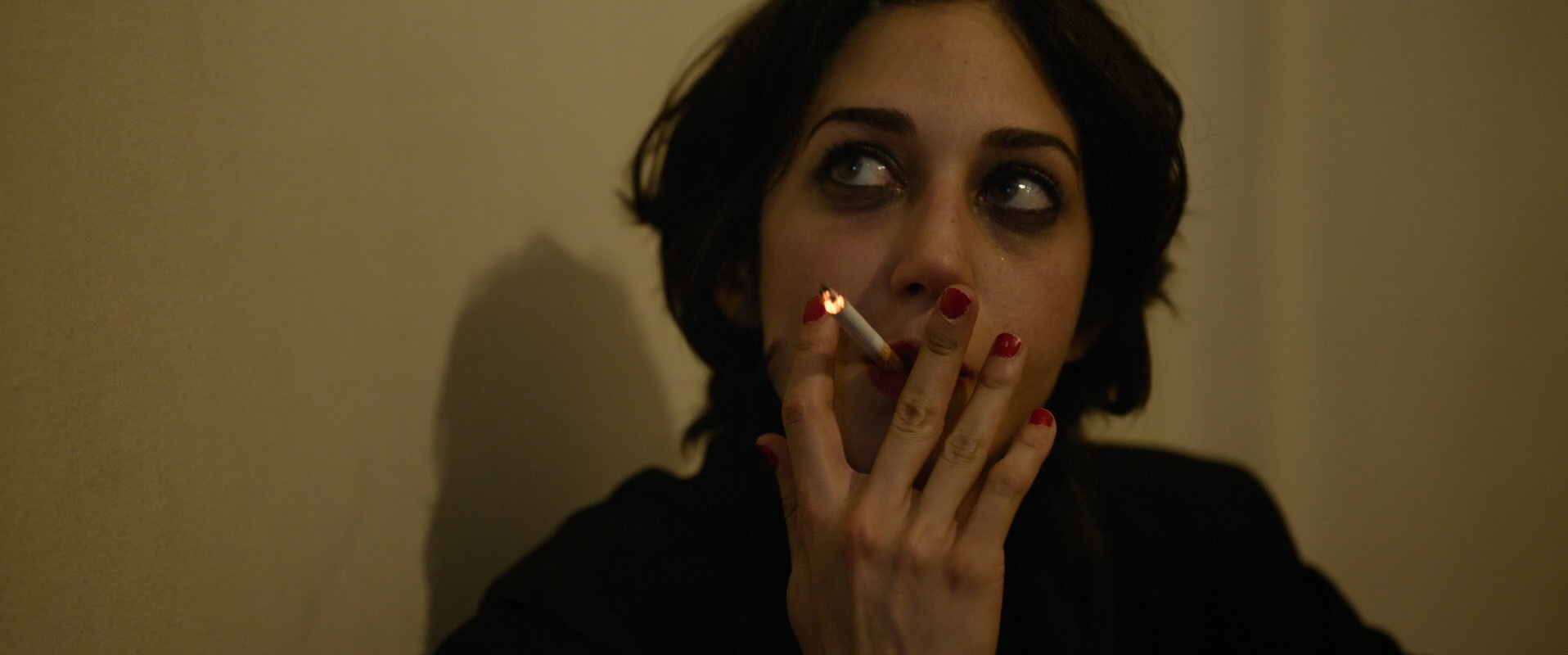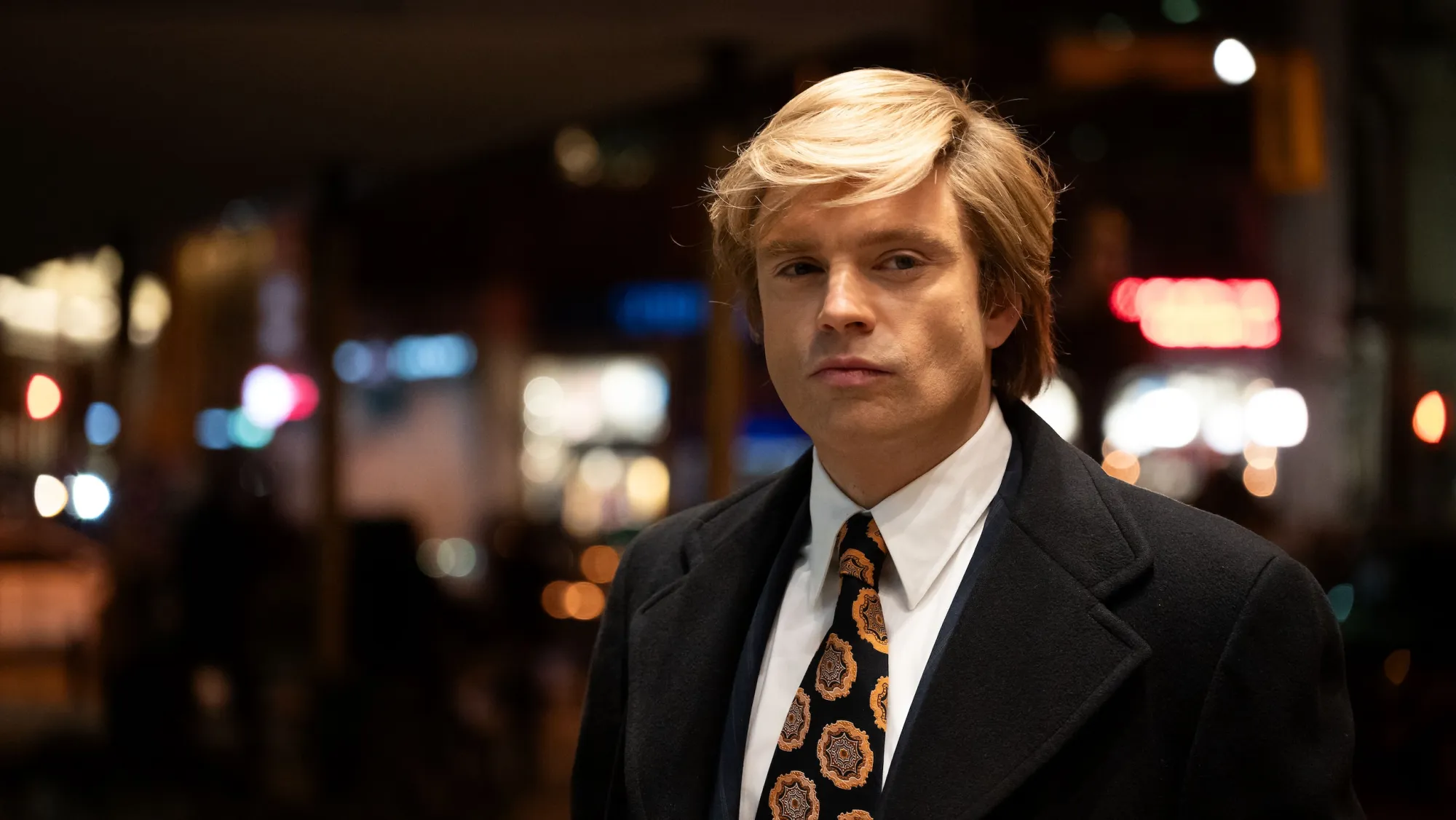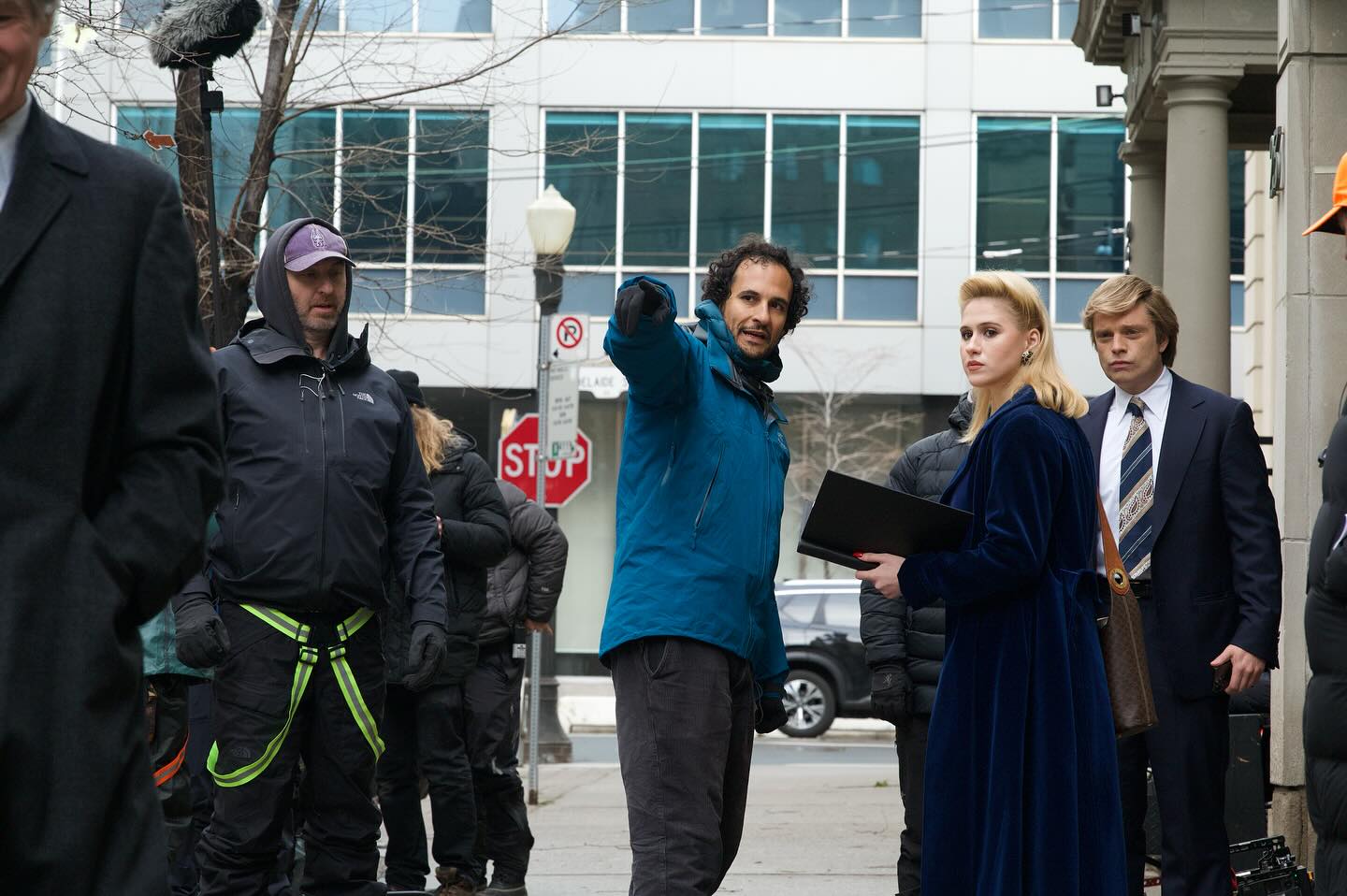Ali Abbasi on movies and politics
Mr Abbasi, what kind of director would you say you are?
A naive kind of director who thinks everything will be easy on set, everyone will be helpful and all the critics are going to love it. And we will make a lot of money. None of this ever happens. On a more serious note, I’m not the kind of director who rehearses a lot with the actors. A lot of the ideas about directing, the mise-en-scène and all that should be in the script. Therefore, a lot of the things should have been discussed before, so when you get on set it’s more about doing it. I was always lucky to work with actors who were very well prepared.
I know you spent around 15 years making Holy Spider. That’s a lot of determination.
It was a special project. I had a talk recently at a university in the US and there was this young girl who asked my why did I do a movie about a woman and the dangers surrounding a woman in Iran, when I’m a man. I thought for many years how unfair was what happened to those women and how they were treated by the media, so I felt emotionally drawn to this story. The moral complexity of the character – a man who thought he was doing everyone a good deed – is something I thought a lot about.

I find your movies quite provocative and intense. It seems you’re looking for real life characters that could become the protagonists of your next movies. How do you pick these people and what draws you to them?
Only my last two movies have been inspired by real people. I thought about Holy Spider for many many years, while The Apprentice was a project brought to me. I am not necessarily drawn to real-life characters, I don’t even like biopics as a genre – I don’t watch movies about famous people. What draws me to any type of character is its complexity – even if I don’t like it, or understand it, I feel there’s always more to them and I like exploring. There are different contradictory sides to these characters – for example, Donald Trump is not someone I like, but I can feel bad for him sometimes and I’m curious to understand why.
Donald Trump is not someone I like, but I can feel bad for him sometimes and I’m curious to understand why.
Where does your interest in American politics come from?
I’m interested in politics generally speaking. I read a lot, I check 20 – 30 news websites and papers a day, in 5 different languages. I’m like a news junkie. On the other hand, growing up in Iran, we had a very special relation to the US – we were like an American colony, until we became an enemy. This switch was difficult to process.
I like the way The Apprentice evolves. How you see a young, wealthy but secluded Donald Trump searching for ways to become successful and when he does, he loses all his humanity, while his mentor is finding his in the final days of his life. It reminded me a little of Barry Lyndon.
Barry Lyndon was a big inspiration for me. The ark of his story is very similar to Trump’s. There’s a narrator in that film who says, if I remember well „the same qualities that propelled Barry to the top, would accelerate his downfall.”
That’s exactly Donald Trump. His relentless, lack of care, determination are the causes of his downfall. One of the things that makes Trump an interesting character – and what I believe his supporters like about him, too – is that he says stuff that isn’t always good for him. He has this contradictory style.
Donald Trump was a pro-abortion Democrat for most of his life. His dad as well. Roy Cohn (his mentor) was also a Democrat. And suddenly he turns into a Republican. Their complete lack of principles is interesting, it makes me curious. The same guy who one day says he loves strong women, the next day rapes them. If he thinks immorality would win him another state, he would do whatever necessary.
While you were working on the script, have you found any similarities between you and your main character that helped you understand him better?
Anyone who wants to start something on their own – no matter if it’s a company, or a movie, or whatever – needs to be relentless. Keep pushing and fighting. Donald Trump is that kind of person. There’s a saying – the best boxers are not the ones that punch hard, but the ones that can take as many hard punches as possible. He is that kind of guy.
I don’t think I can take as many hard punches, but I can recognize this sort of drive in myself, as well. However, I don’t think any movie is worth going over certain limits. He has a different way of looking at the world, he’s an opportunist in ways that I am not. This complete focus on winning no matter what is something I don’t recognize in myself.

How did you choose Sebastian Stan, what convinced you he’s the right actor to portray Donald Trump?
We talked about it for some years. We met in 2019 and then I tried for some time to make the movie happen and he got into other projects and then we met again and did it. There wasn’t a casting call. For me, it’s more important to decide stuff like if it should be a young actor, or someone who actually looks like young Trump. Or maybe it’s more important to have someone experienced. Sebastian had a personal motivation to do this role and that was important. But the person I got to do the movie with was not the same person I got the chance to talk to the first time. He changed during this time, as an actor. And he had a lot of time to think what he wants to do with this role, which was good for the movie. And he did a very good job, because he brings the character to life and gives you space to understand him, even if he’s flawed.
The scene in which he sexually assaults his wife, Ivana, was very difficult to watch for me. What does that scene mean to you?
It’s part of the story and an important turning point in the movie but nothing more than that. I don’t attach a significant importance to it. For me it’s as important as the scene in which they talk about the tax breaks, even if I can understand that it’s more controversial and that’s why people pay more attention to it. But my job is to get every scene as good as possible.

Holy Spider made you a target of the Iranian government and it seems you didn’t get away easily in a free world either, with The Apprentice being rejected by Hollywood and sued by the man himself. How does that make you feel?
Recently I lost a job offer because they thought I’m too controversial. I feel that they’re pussies. I can’t live my life thinking who’s going to be angry with me. I can’t have principles that would bend every other time. Either you turn out like these guys in the movie and you’re like a punk rocker and do whatever you want. Or you stick to your principles but they should be valid every day of the week. I have no regrets. I’m more sad about not being able to go back to Iran.
Talking about Iran, I know the country is in a very dark place right now with everything going on and when it comes to censorship, it has been for a while. However, there are many acclaimed Iranian directors that have stayed in the country and struggled making unapologetic movies. Have you ever thought of going back?
I think about it every day but being able to do it is another thing. I don’t want to work with censorship. If I need to move to Greenland to work, I’d rather do that. You can’t criticize the Iranian government but show women in your films sleeping with their scarves on, it’s dishonest.
So you watch Iranian movies?
Sometimes, yes. I think they need better editors, they’re too long.
—
Header Image: Festival de Cannes, Red steps © LOIC VENANCE / AFP
Title
The Apprentice
Director/ Screenwriter
Ali Abbasi / Gabriel Sherman
Actors
Sebastian Stan, Roy Cohn, Maria Bakalova
Year
2024
Distributor
CAY Films
Film producer and founder of ADFR, she dreamed since she was little of having a magazine one day. Alongside her job as editor-in-chief, she writes the interview of the month. She loves animals, jazz music and films festivals.


